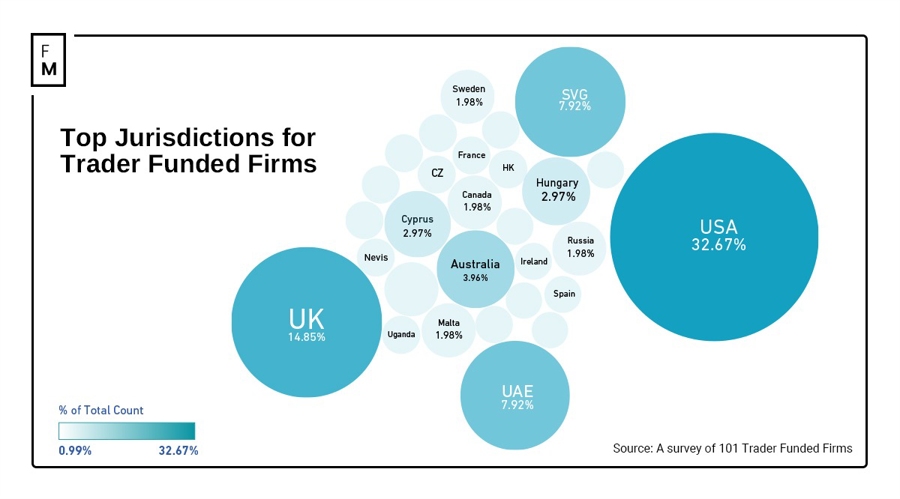The Trader Funding Industry: A Fragile Business Model
Part 2: Regulation and Growth
The trader funding industry and its business model are quite fragile. The Trader Funding Firms (TFFs), often wrongly marketed as Prop Trading Firms, have been around for decades. But, their popularity has exploded in recent years. Ideally, these firms do not operate like brokerages, but, like any other companies, a level of regulation is still necessary.
In the first part of the ongoing series, I have distinguished between trader funding and prop trading model. Now, in the second part, I am delving into the importance of regulation in the industry.
Regulation is crucial for the trader funding industry to ensure transparency, protect traders, and maintain market integrity. Without proper regulation, there is a risk of fraud, manipulation, and abuse within the industry.
However, the challenge lies in finding the right balance between regulation and allowing the industry to grow and innovate. Overregulation can stifle growth and drive firms away, while under-regulation can lead to misconduct and harm investors.
As the trader funding industry continues to evolve and expand, it is essential for regulators to keep pace and adapt their oversight to address new risks and challenges. Collaboration between industry participants, regulators, and lawmakers is key to creating a regulatory framework that fosters growth while protecting market participants.
How This Will Affect Me?
As a trader or investor, the regulatory environment in the trader funding industry can impact your decision-making process and the overall stability of the market. Increased regulation can provide you with more confidence in the legitimacy of trader funding firms and offer you greater protection against fraud and misconduct. On the other hand, excessive regulation may limit your trading opportunities and increase the costs of participation in the industry.
How This Will Affect the World?
The regulatory framework of the trader funding industry has far-reaching implications for the global financial system. A well-regulated industry promotes market stability, investor confidence, and fair competition. On the other hand, a lack of regulation can create systemic risks, disrupt financial markets, and undermine trust in the financial system. Therefore, the regulatory decisions made in the trader funding industry can have ripple effects across the world.
Conclusion
In conclusion, the trader funding industry is at a crossroads, where the right regulatory decisions can shape its future growth and stability. By striking a balance between regulation and innovation, the industry can continue to thrive while safeguarding the interests of traders and investors. Collaboration among all stakeholders is essential to ensure a well-functioning and sustainable trader funding ecosystem.





